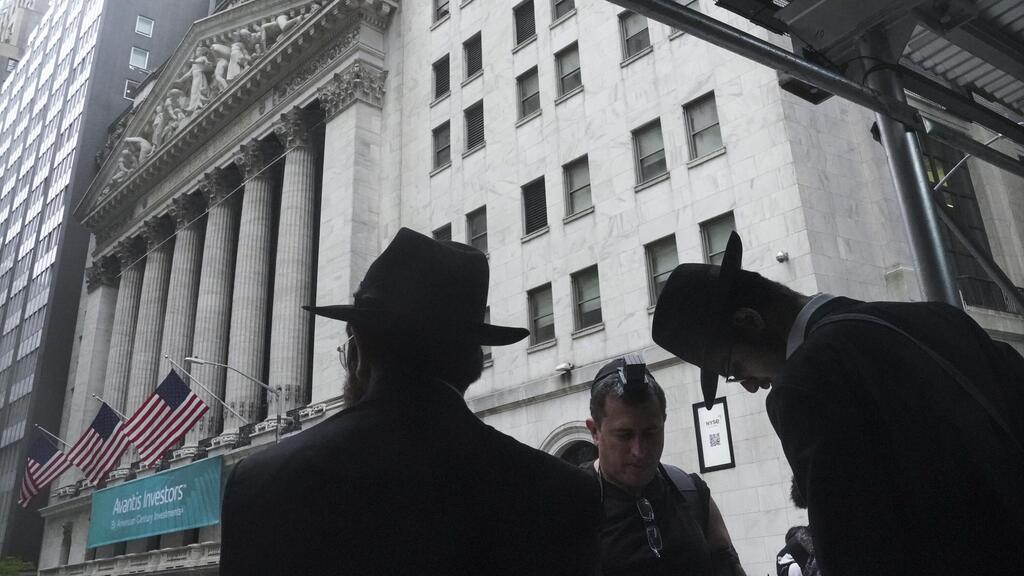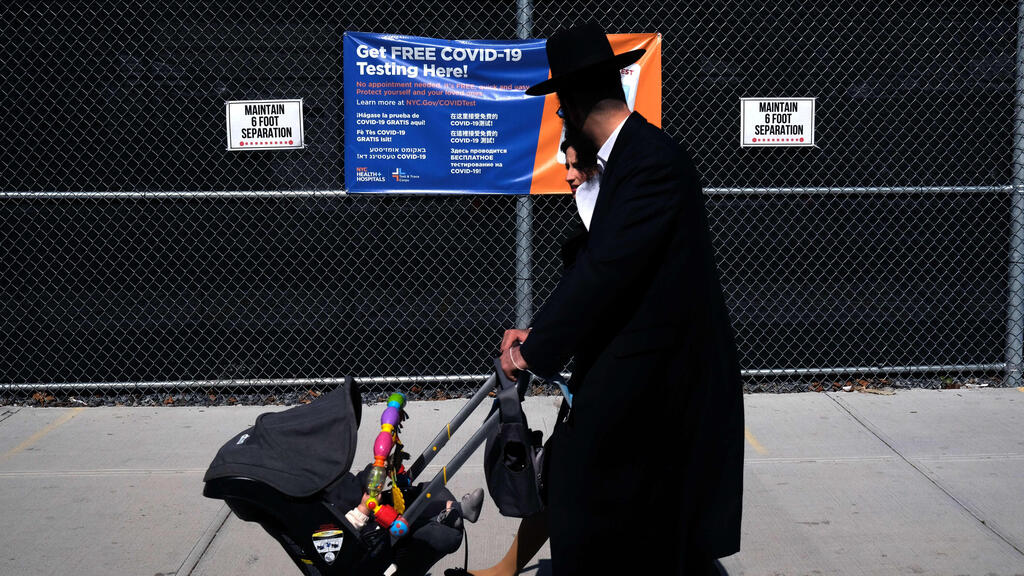Getting your Trinity Audio player ready...
A group of New York State Assembly members and state senators are proposing a ban on corporal punishment in schools in the wake of a lengthy New York Times investigation of yeshivas published last October that included several allegations of teachers hitting students.
Multiple bills were proposed in the senate and assembly last week to outlaw the practice, which is already banned in public schools but not explicitly within private schools. One bill deemed likely to garner the most support, according to the New York Times, defines corporal punishment and prohibits it across educational settings in the state.
The bill’s lead sponsors are State Senator Julia Salazar and Assemblywoman Emily Gallagher, both Democrats who represent the heavily Hasidic Brooklyn neighborhood of Williamsburg.
But after the Times published its coverage of the bill, Salazar found herself in a Twitter spat with Eliza Shapiro, one of the reporters who wrote the story and many of the articles in the paper’s monthslong investigative series on Hasidic schools.
That, in turn, led to Orthodox activists disputing the claims of another Hasidic lawmaker, Simcha Eichenstein, on the social media platform.
The first installment of the Times’ investigative series, published in September, reported that yeshivas that had received a total of $1 billion in taxpayer funding over a period of four years were providing less than adequate schooling in secular subjects.
The article also reported on 911 calls and interviews with alumni who said that some teachers in Hasidic schools regularly use corporal punishment in class.
Leading Hasidic groups claimed that the investigation encouraged antisemitism. In response to the article and its followups, Agudath Israel of America, an umbrella haredi Orthodox group, launched a campaign called “Know Us” to push back on the findings of the Times investigation.
The investigation, however, has spurred officials into action to address its claims. Last week, the Times story on the corporal punishment legislation said that it came in response to its reporting.
Salazar then wrote on Twitter that “the use of physical or violent methods to ostensibly discipline students has happened in many schools. I haven’t seen any evidence of it being a pattern in yeshivas.”
Shapiro, who co-wrote the investigation with Brian Rosenthal, replied by posting a statement by Salazar in which the state senator said the legislation was, in fact, a response to the Times investigation. Salazar then responded: “Reports – which must be addressed, hence the bill – are different from a pattern. I hear more about CP [corporal punishment] in other non-public schools.”
Eichenstein, who represents Borough Park, a large Hasidic enclave in Brooklyn, retweeted Salazar’s tweet, suggesting that the bill’s goal is “no corporal punishment at any school.”
“As a yeshiva parent/former student, I’m not familiar with the use of corporal punishment at yeshivas, nor would I tolerate it,” Eichenstein wrote. Echoing the claims of haredi groups, he added, “Sadly, @nytimes needs to continue its onslaught against Orthodox Jews & prop up their mudslinging.”
Eichenstein’s tweet led dozens of Hasidic people on Twitter to respond with stories of experiencing or hearing of corporal punishment while they were students at yeshivas. The stories ranged from someone having his braces smashed into his cheeks to someone being thrown against a blackboard to students being slapped or having chalk thrown at them.
Eichenstein later posted another tweet saying: “I have not and will not cast doubt on anyone’s lived experience.”
“What I will not tolerate is this notion that corporal punishment is somehow accepted as a routine disciplinary tool in today’s era at yeshivas,” Eichenstein wrote. “That is an outright lie.”
Eichenstein told the New York Jewish Week on Monday that he had never experienced corporal punishment when he was a student at a yeshiva. He reiterated that he wasn’t disputing people’s personal stories.
“If you’re going to talk about something you saw that happened 30 years ago, clarify that it happened 30 years ago,” he said.
“I can’t sit here and tell you that there may not be a singular instance a week from now. It could happen, we’re a very large system. But the idea that [corporal punishment] is an acceptable tool with no consequences is not true…If an educator raises their hand on a child, there should be zero tolerance. That educator should no longer be allowed in the building, let alone a classroom.”



